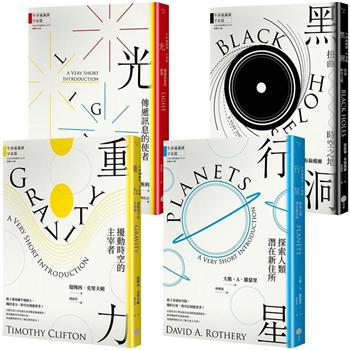This edited book explores and promotes reflection on how the lessons of Metabolism experience can inform current debate on city making and future practice in architectural design and urban planning. More than sixty years after the Metabolist manifesto was published, the author’s original contributions highlight the persistent links between present and past that can help to re-imagine new urban futures as well as the design of innovative intra-urban relationships and spaces.
The essays are written by experienced scholars and renowned academics from Japan, Australia, Europe, South Korea and the United States and expose Metabolism’s special merits in promoting new urban models and evaluate the current legacy of its architectural projects and urban design lessons. They offer a critical, intellectual, and up-to-date account of the Metabolism projects and ideas with regard to the current evolution of architectural and urbanism discourse in a global context.
The collection of cross-disciplinary contributions in this volume will be of great interest to architects, architectural and urban historians, as well as academics, scholars and students in built environment disciplines and Japanese cultural studies.












